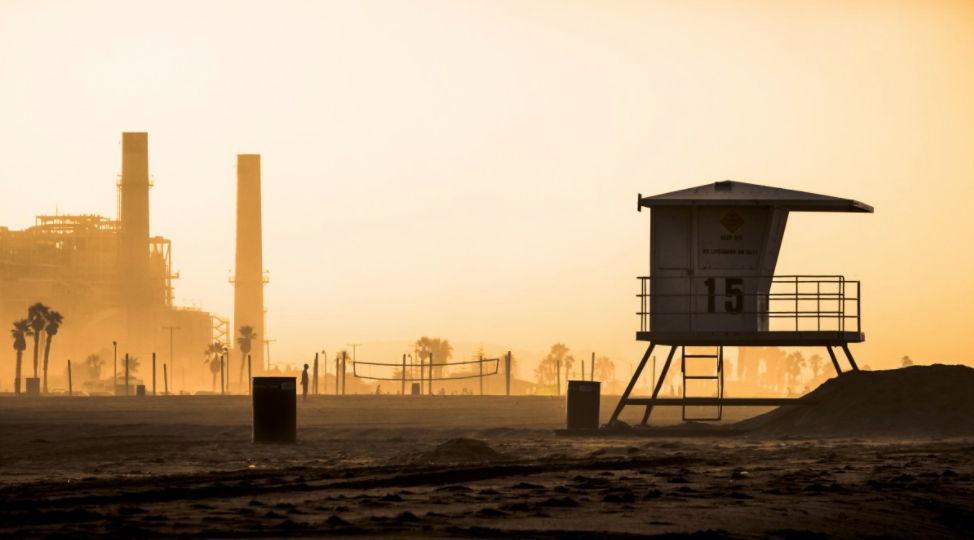
The State Water Board voted on Tuesday to keep four outdated, fossil-fueled power plants operating along California’s coast. This vote followed brief rolling blackouts last month, yet was based on energy needs identified by California’s energy agencies last summer.
The four outdated systems were scheduled to shut down by Dec. 31, 2020 under the State Water Board’s Once-Through Cooling (OTC) Policy, a policy designed to stop coastal power plants from using ocean water for its cooling systems and end the devasting impacts of these outdated plants on marine life. Coastal power plants in Huntington Beach, Ormond, and Alamitos now have 3 more years to stay online, with Redondo Beach staying online for 1 more year.
What are these plants & why is this a problem?
These plants are old, outdated, and harm both the environment and communities around them. Before the State Water Board adopted the OTC Policy to end the use of these outdated cooling systems, 21 coastal power plants along the California coast would pull in over 16 billion gallons of sea water every day, which would pull in and kill all of the plankton, fish larvae, and other sea life in that water.
Today, these outdated plants continue to operate as “peaker” plants that only run during times when California has the most need for energy – often during hot summer months. Yet, many of these plants weren’t designed to operate in short spurts, sometimes leading to black smoke and abhorrent noise as these plants turn on.
These facilities have now had a full 10 years to comply with the OTC Policy by either coming offline or upgrading the cooling technology to prevent harmful impacts to California’s coast and marine life. Extending the use of these outdated plants unnecessarily harms marine life, can interrupt the connectivity of California’s marine protected area network, impedes air quality, and ultimately isn’t consistent with California’s greenhouse gas reduction goals.
What’s next?
California needs to continue pursuing renewable sources of energy, energy efficiency standards, and improvements to its grid to handle times of peak demand. In the meantime, these outdated facilities need to be held accountable for these new timelines by bringing these plants into compliance with the OTC Policy on time, and properly compensating for the ongoing harm caused by these outdated plants.
California can’t ignore its energy needs, and also can’t ignore the harsh impacts of these plants on California’s coastal environment. In the words of State Water Board Member, Laurel Firestone: “It’s important for us to have our deadlines mean something, and that’s especially true when there’s a decade of runway time to achieve them.” California Coastkeeper Alliance and its local Waterkeeper will continue to watchdog any future extension requests for these harmful power plants – and make sure each plant pays its fair share to compensate for the ongoing harm done to our coast and communities.

Policy Manager Kaitlyn Kalua represents CCKA and its member Waterkeepers in state regulatory and legislative forums to advance statewide water policy.



